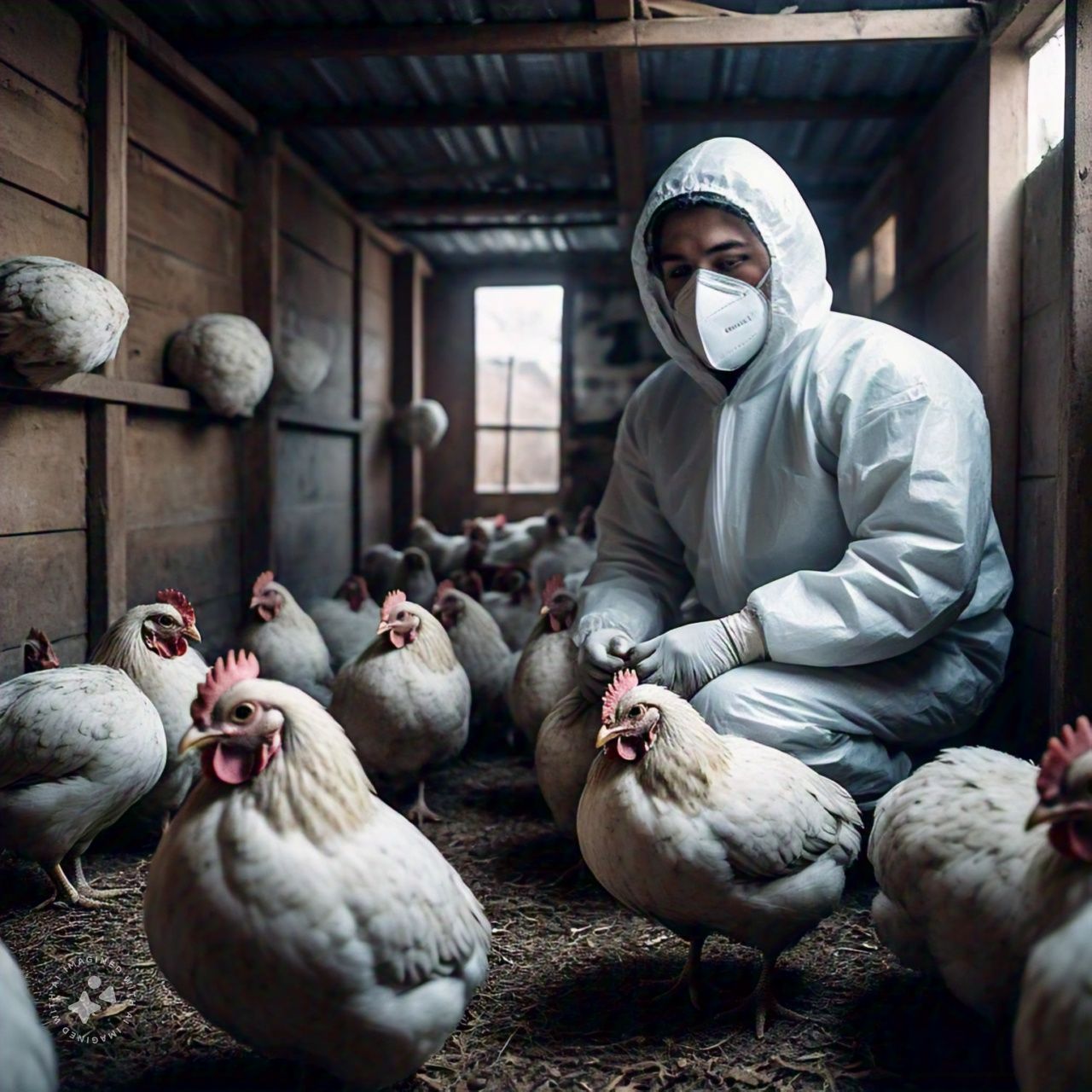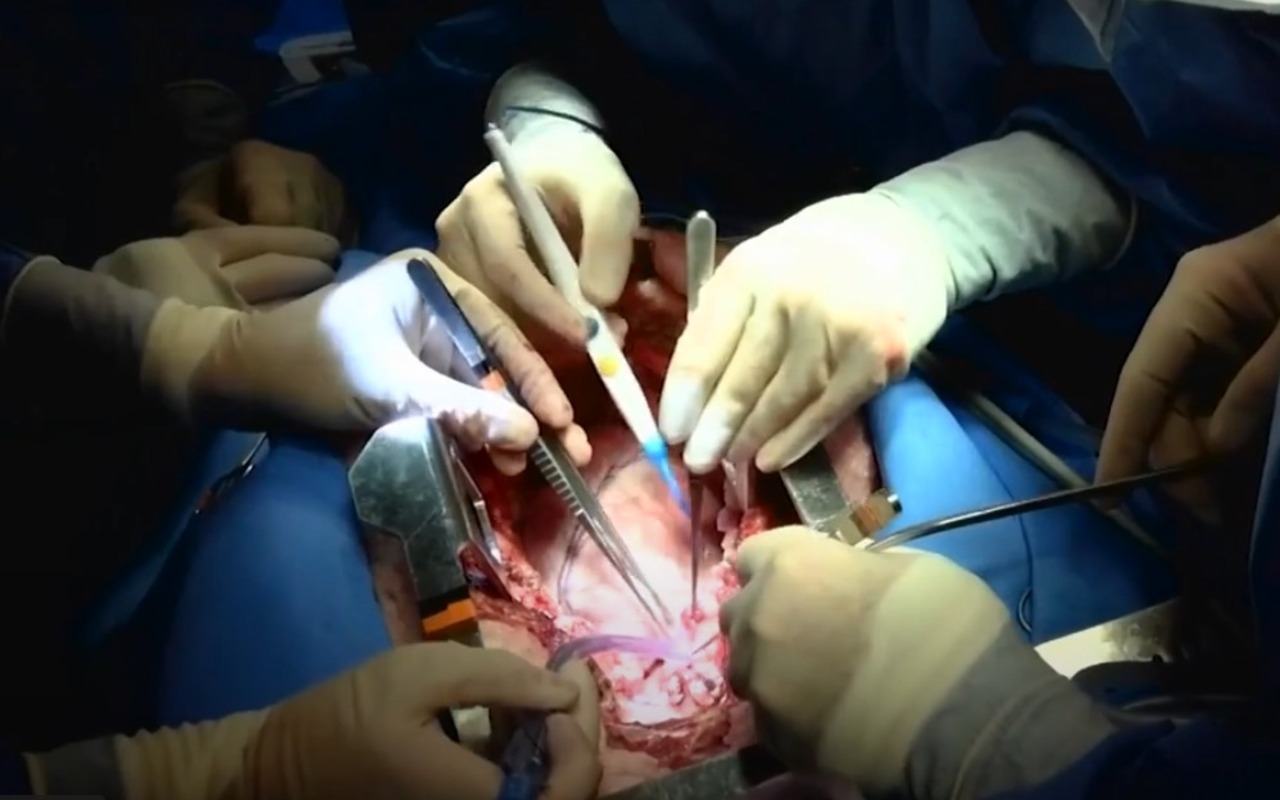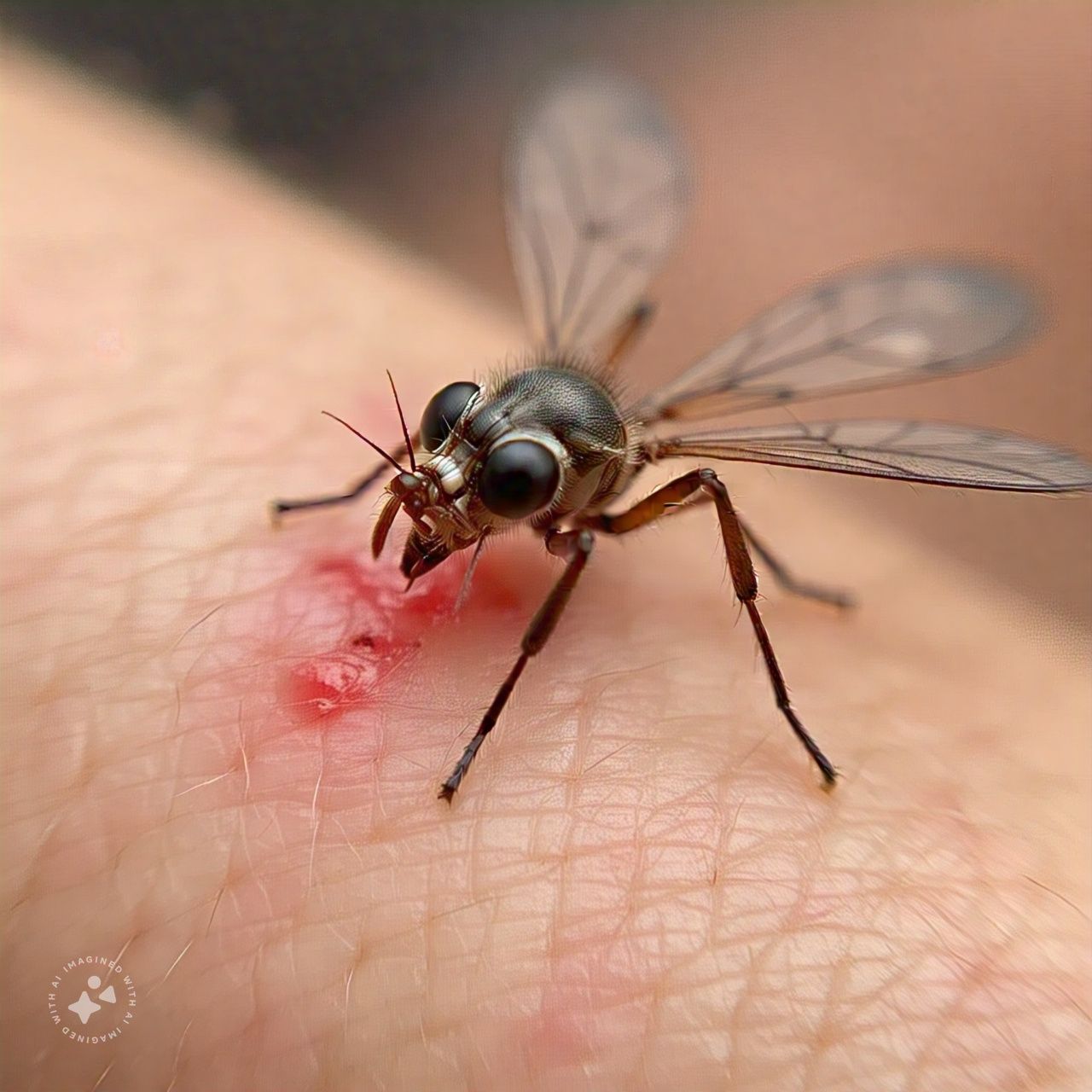
New Intranasal COVID-19 Vaccine Revolutionizes Needle-Free Immunization
Researchers develop an innovative intranasal vaccine offering broad and long-lasting immunity, ideal for regions with vaccination logistics challenges.
Written by: Alejandra Legarda R. - Journalist
Researchers from Griffith University in Australia, in collaboration with Indian Immunologicals Limited (IIL), have developed an innovative intranasal COVID-19 vaccine that could revolutionize vaccination strategies, especially for those who fear needles. This new vaccine, named CDO-7N-1, is a live-attenuated vaccine designed to be administered through the nasal passages, offering a needle-free alternative that is both easier to administer and potentially more effective in generating broad immunity.
One of the most significant advantages of this intranasal vaccine is its ability to induce immunity not only in the respiratory mucosa but also systemically, providing comprehensive protection against all major SARS-CoV-2 variants, including those that have emerged since the beginning of the pandemic. Unlike traditional mRNA vaccines, which primarily target the spike protein, CDO-7N-1 induces immunity against multiple viral proteins, enhancing its effectiveness across different variants.
RELATED CONTENT
The vaccine has demonstrated remarkable stability, remaining effective for up to seven months when stored at 4°C, making it particularly suitable for distribution in low- and middle-income countries where maintaining cold chain logistics is challenging. Moreover, its single-dose administration simplifies the vaccination process, reducing the need for multiple doses, which can be a barrier in widespread vaccination efforts.
The development of this vaccine, published in Nature Communications, highlights the innovative use of codon deoptimization technology, which allows for the attenuation of the virus without altering its antigenic properties. This method is not only faster but also safer than traditional approaches, making it a promising strategy for future vaccine developments.
As the world continues to grapple with COVID-19, the introduction of a needle-free, intranasal vaccine could play a crucial role in enhancing global vaccination efforts, particularly in regions with low vaccination rates or where needle administration poses significant challenges. With clinical trials on the horizon, this vaccine represents a significant step forward in the ongoing battle against the pandemic, offering hope for more accessible and effective prevention methods.
This collaboration between Griffith University and IIL highlights the importance of international partnerships in addressing global health challenges and paves the way for more innovative solutions in the future.











LEAVE A COMMENT:
Join the discussion! Leave a comment.